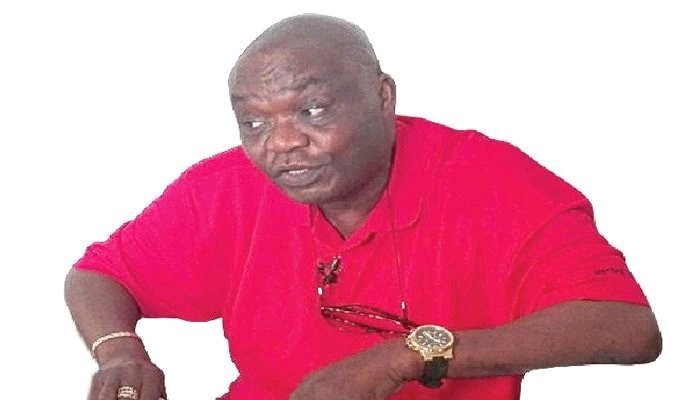 Godwin Obaseki’s erstwhile political ally has revealed the tremendous pressure that national leaders such as Bola Tinubu put on the governor of Edo State before their acrimonious split and subsequent return to the All Progressives Congress (APC). Charles Idahosa, a former member of the Peoples Democratic Party (PDP) board of trustees, described in an interview with the PUNCH newspaper how Tinubu’s biting criticism of Obaseki left him feeling so defeated that he thought about stepping down as governor.CONTINUE FULL READING>>>>>
Godwin Obaseki’s erstwhile political ally has revealed the tremendous pressure that national leaders such as Bola Tinubu put on the governor of Edo State before their acrimonious split and subsequent return to the All Progressives Congress (APC). Charles Idahosa, a former member of the Peoples Democratic Party (PDP) board of trustees, described in an interview with the PUNCH newspaper how Tinubu’s biting criticism of Obaseki left him feeling so defeated that he thought about stepping down as governor.CONTINUE FULL READING>>>>>
“He (Obaseki) told me that Tinubu abused him so much that he said he would rather die than run for a second term,” Idahosa stated. “He even asked me that night why I was taking Panadol for his headache. He said he was going to resign and let Oshiomhole bring who he wanted.”
Idahosa was referring to tensions between Obaseki and former APC national chairman Adams Oshiomhole, who was closely allied with Tinubu. As Oshiomhole turned on his protege Obaseki ahead of the 2020 gubernatorial election, the Edo governor came under immense pressure from APC power brokers.
According to Idahosa’s recollection, it was Tinubu’s harsh criticism of Obaseki that dealt the most demoralizing blows and had the governor on the verge of quitting before his eventual re-election on the PDP ticket.
“But I told him not to worry, and I doubled my fire and started to fight Oshiomhole. And that was how the ‘Edo no be Lagos’ slogan, which aided Obaseki re-election gained ground,” Idahosa added.
The “Edo No Be Lagos” rallying cry became a defining refrain for Obaseki’s campaign as he positioned himself as defending Edo’s autonomy from perceived overreach by the APC’s national leadership.
Idahosa’s revelations offer a behind-the-scenes glimpse into the high-stakes power struggles that fractured the APC in Edo and strained relationships at the highest levels of the party before the 2023 general elections.CONTINUE FULL READING>>>>>
